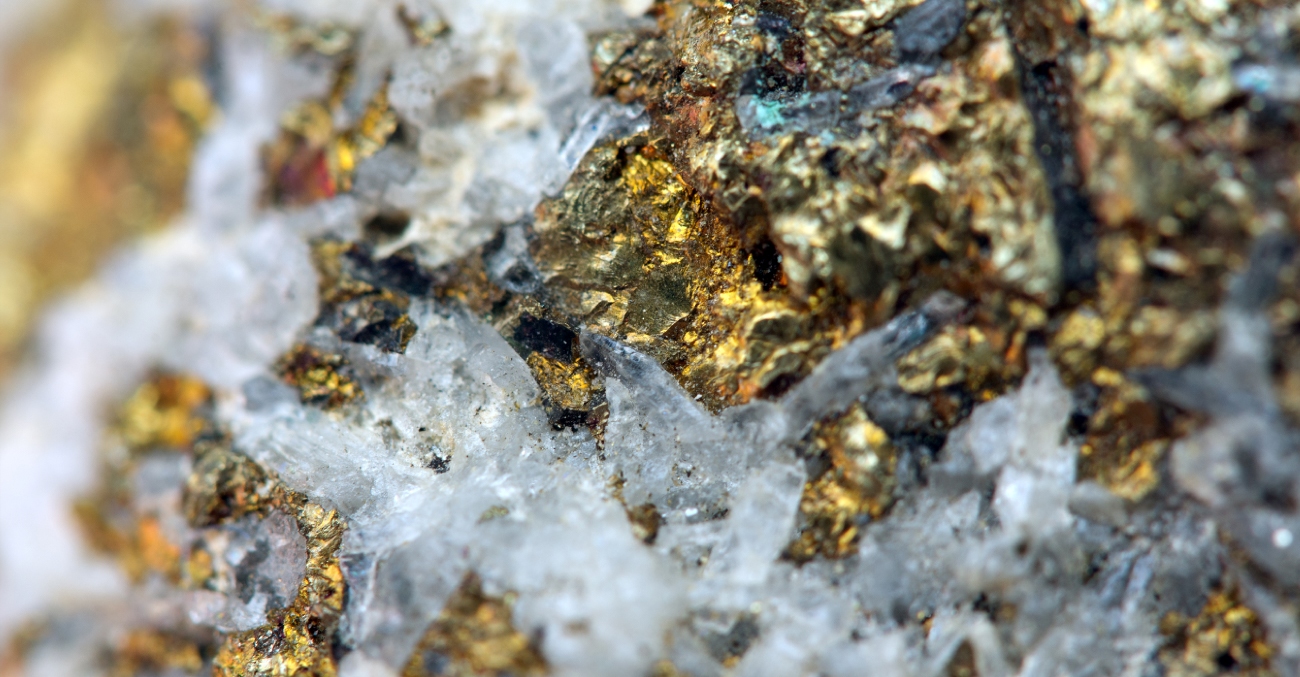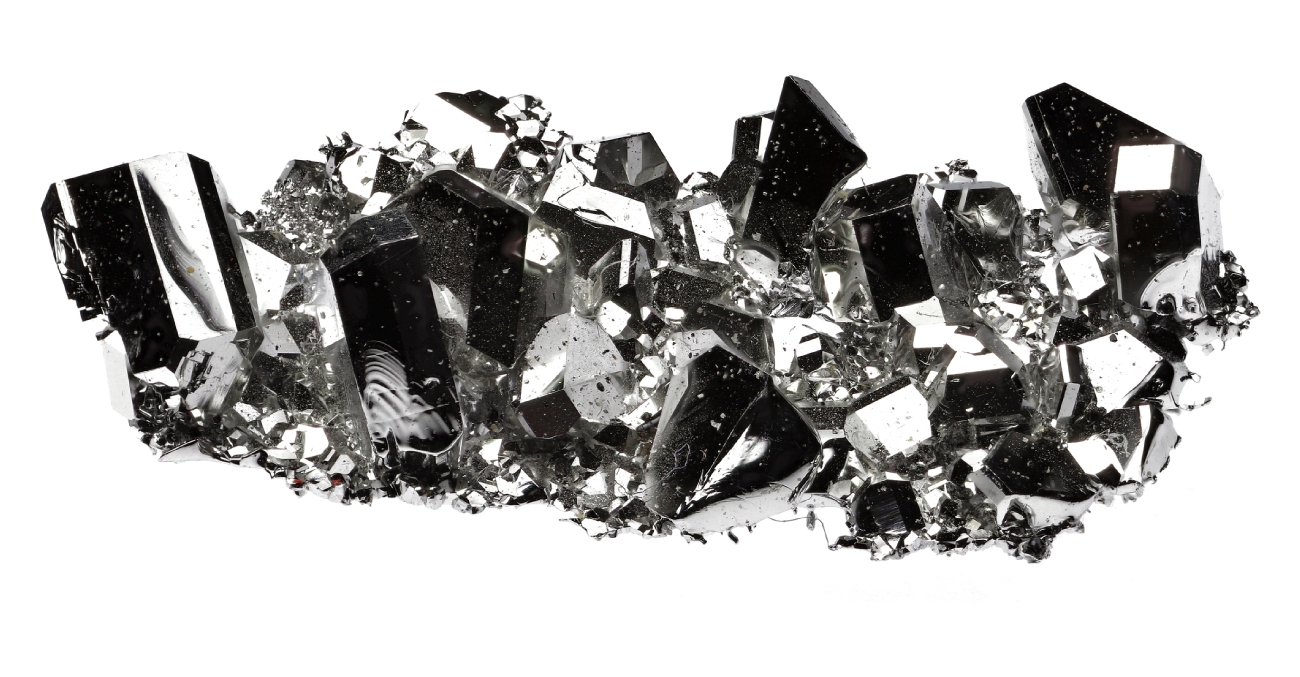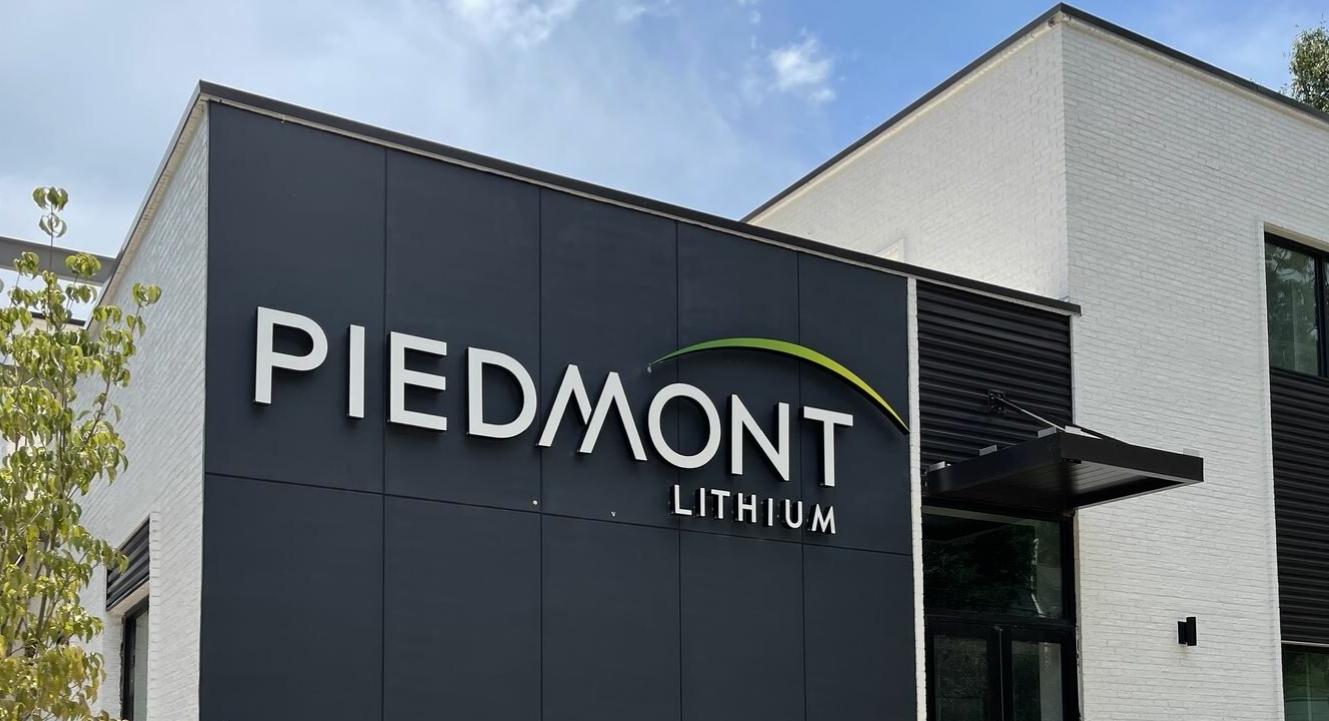Why Precious Metals Should Be Recycled Instead of Mined
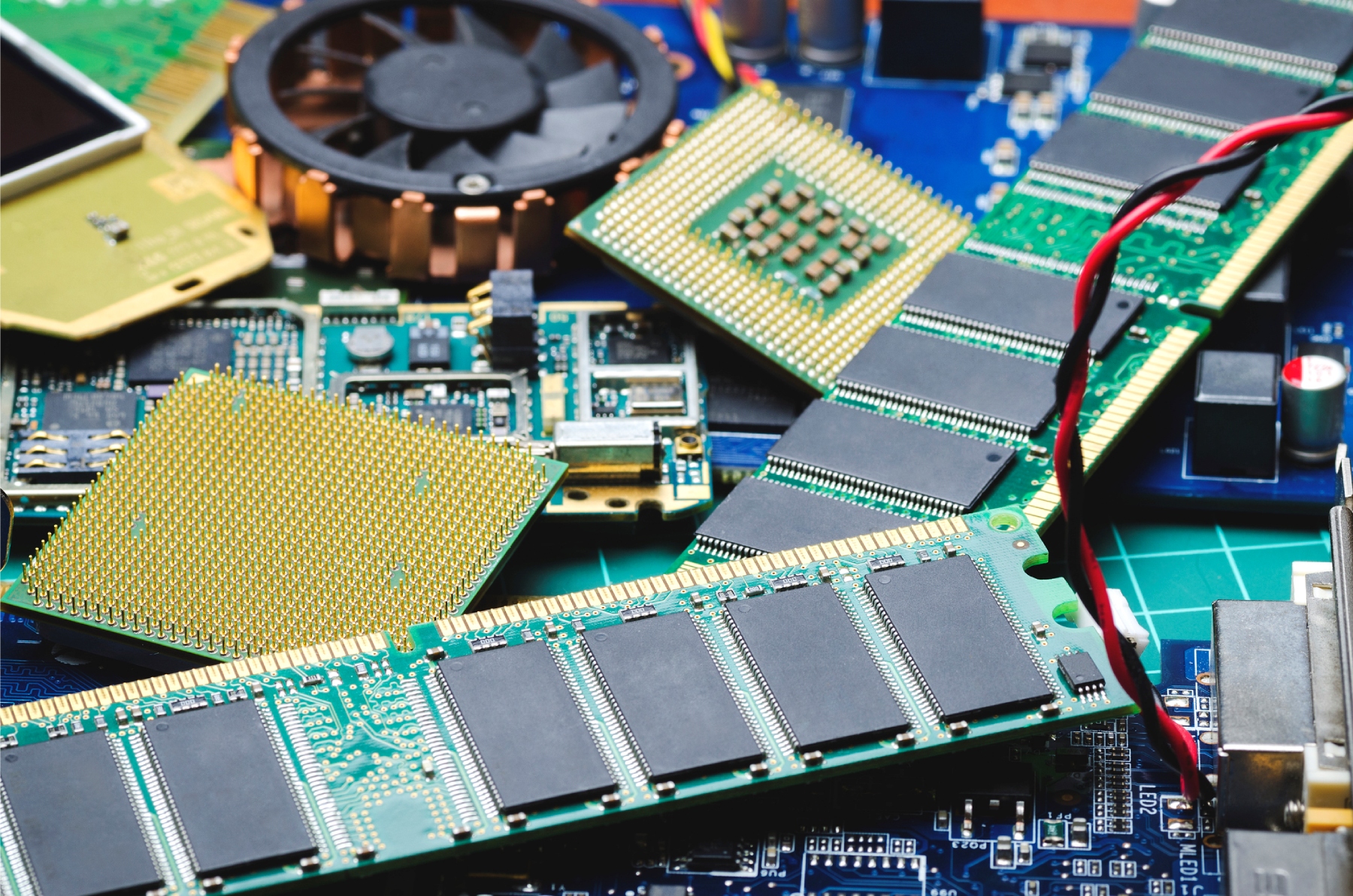
Date
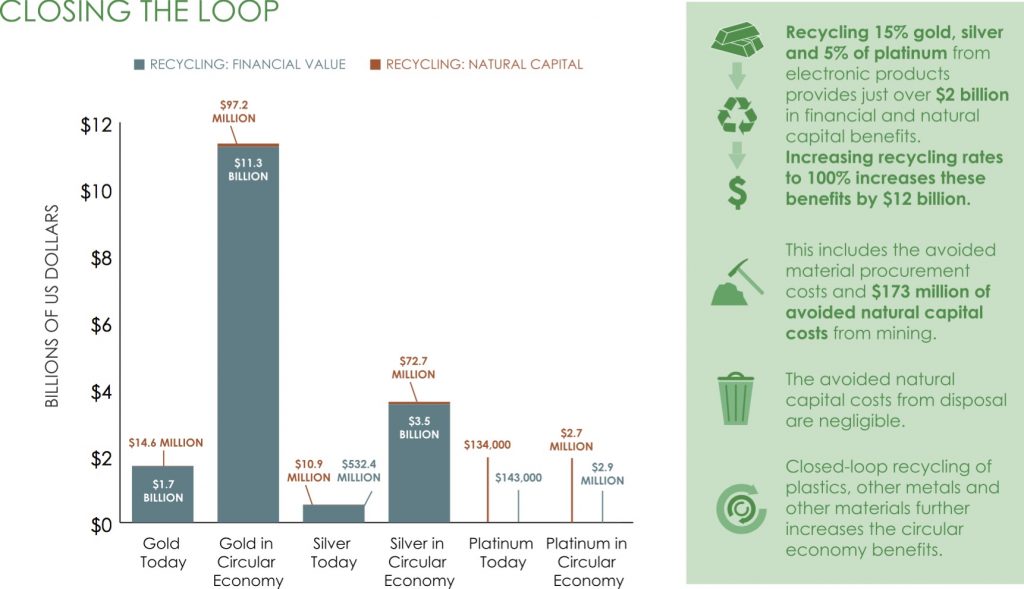
In an era where environmental consciousness is of paramount importance, the need for sustainable resource management has never been more pressing. Precious metals, such as gold, silver, platinum, and palladium, hold significant economic and cultural value. However, mining these metals has severe environmental consequences. As a result, recycling precious metals presents itself as an environmentally responsible alternative. This article explores the benefits of recycling precious metals and why it should be prioritized over traditional mining practices.
Conservation of Natural Resources
Mining operations consume vast quantities of water, energy, and other natural resources. Furthermore, mining often involves the excavation of large areas of land, resulting in deforestation, habitat destruction, and soil erosion. By recycling precious metals, we can significantly reduce the need for new mining operations, conserving these valuable natural resources for future generations.
Minimizing Environmental Impact
Mining operations generate substantial amounts of waste and release harmful pollutants into the environment. These pollutants, including heavy metals and toxic chemicals, can contaminate soil, water sources, and ecosystems, posing a threat to human health and biodiversity. By choosing to recycle precious metals, we can mitigate these environmental risks, reducing the release of pollutants and minimizing the overall ecological footprint associated with mining.
Energy and Carbon Footprint Reduction
Mining and refining precious metals are energy-intensive processes that contribute to greenhouse gas emissions. On the other hand, recycling metals requires significantly less energy compared to the extraction and refining of virgin ores. By recycling, we can conserve energy and reduce carbon emissions, helping combat climate change and its associated environmental challenges.
Promoting Circular Economy
Recycling precious metals aligns with the principles of a circular economy, which aims to minimize waste, maximize resource efficiency, and close the loop on material consumption. By recycling, we can transform discarded or unused metals into valuable resources, reducing the need for new extraction and contributing to a sustainable supply chain. Embracing a circular economy model for precious metals supports long-term economic growth while reducing the strain on the environment.
Economic Opportunities and Job Creation
Recycling precious metals presents economic opportunities and job creation potential. Establishing efficient recycling systems and processes can lead to the development of a robust recycling industry, generating employment in areas such as collection, sorting, processing, and refining. This not only contributes to local economies but also helps build a sustainable and resilient workforce.
Choosing A Sustainable Future
Choosing to recycle precious metals instead of mining offers a multitude of environmental, economic, and social benefits. By conserving natural resources, reducing environmental impact, minimizing energy consumption and carbon emissions, promoting circular economy practices, and creating economic opportunities, recycling becomes the sustainable choice. Governments, industries, and individuals must prioritize and invest in recycling infrastructure, technology, and awareness to realize the full potential of precious metal recycling. Together, we can build a future that balances the value of precious metals with the imperative of protecting our planet for generations to come.
